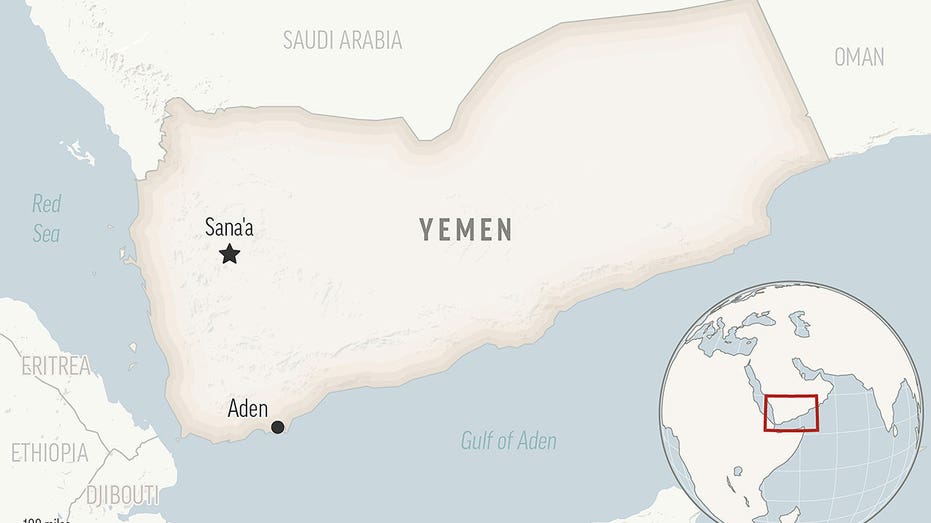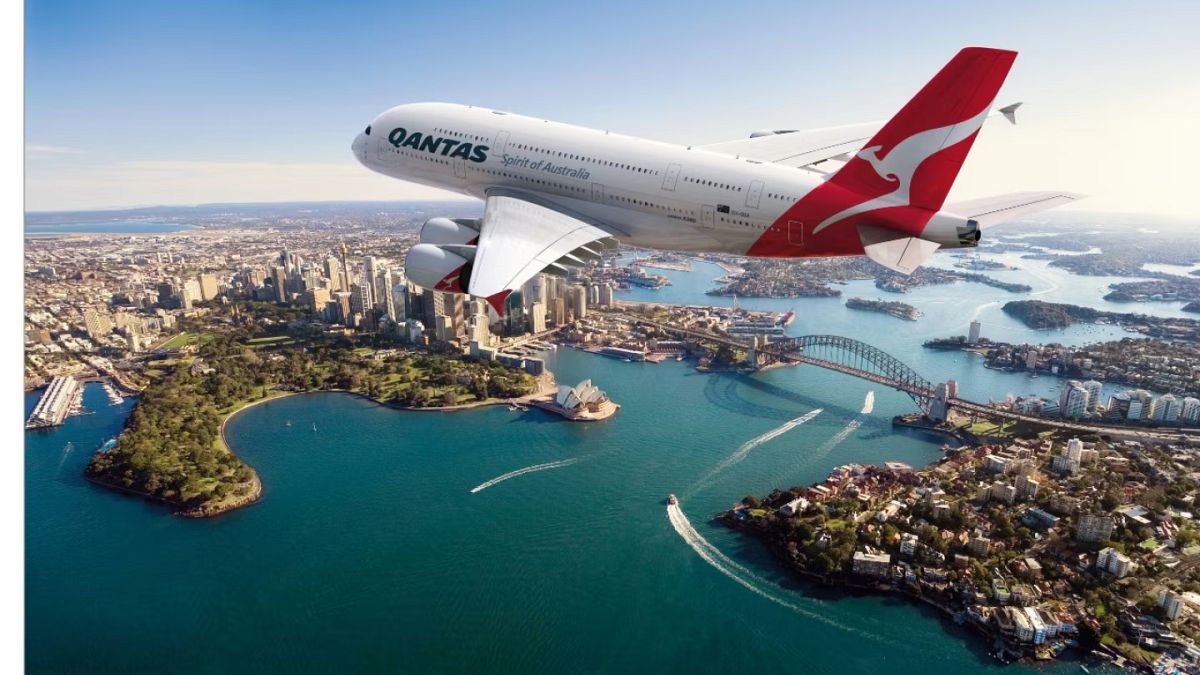Portuguese-flagged ship targeted in Arabian Sea drone assault; Houthi rebels claim responsibility
A Portuguese-flagged container ship was targeted by a drone in the Arabian Sea, in what appears to be the first confirmed deep-sea attack that the Houthi rebels have claimed.

A Portuguese-flagged container ship came under attack by a drone in the far reaches of the Arabian Sea, corresponding with a claim by Yemen's Houthi rebels that they assaulted the ship there, authorities said Tuesday.
The attack on the MSC Orion, occurring some 375 miles off the coast of Yemen, appeared to be the first confirmed deep-sea assault claimed by the Houthis since they began targeting ships in November. It suggests the Houthis — or potentially their main benefactor Iran — may have the ability to strike into the distances of the Indian Ocean as the rebels previously threatened in their ongoing campaign over Israel's war on Hamas in the Gaza Strip.
LIKELY MISSILE ATTACK BY YEMEN'S HOUTHI REBELS DAMAGES A SHIP IN THE RED SEA
The attack happened last Friday, according to the Joint Maritime Information Center, which operates as part of the U.S.-led Combined Maritime Forces in the Mideast. After the attack, the crew discovered debris apparently from a drone on board, the center said.
The ship "sustained only minor damage and all crew on board are safe," the center said. Ship-tracking satellite data analyzed by The Associated Press put the container ship, bound for Salalah, Oman, in the area of the attack on Saturday.
The MSC Orion has been associated with London-based Zodiac Maritime, which is part of Israeli billionaire Eyal Ofer’s Zodiac Group. It was operating on behalf of the Mediterranean Shipping Co., a Naples, Italy-based firm. Zodiac referred questions to MSC, which did not respond to a request for comment Tuesday.
The Joint Maritime Information Center assesses "that MSC Orion was likely targeted due to (its) perceived Israeli affiliation," the center said in a report.
Brig. Gen. Yahya Saree, a military spokesman for Yemen's Houthi rebels, claimed the attack on the Orion early Tuesday. He did not explain why it took the rebels days to acknowledge the attack.
The attack immediately raised questions about how the Houthis could have carried out an assault hundreds of kilometers (miles) from the shores of Yemen on a moving target. Their primary area of attack so far has been in the Red Sea, the Gulf of Aden and the narrow Bab el-Mandeb Strait that connect the two waterways key for international trade. Those are close to Yemen's shoreline — unlike the site of the MSC Orion attack.
The Houthis are not known to operate an expeditionary naval fleet, nor do they have access to satellites or other sophisticated means of controlling long-distance drones.
Iran, which has been supplying the Shiite rebels in their yearslong war in Yemen, has been assessed by the West and experts to have been behind at least one complex attack claimed by the Houthis — the 2019 attack on Saudi Arabia's oil fields that temporarily halved the kingdom's energy production. Iran also routinely operates military vessels in the Arabian Sea and just seized the Portuguese-flagged MSC Aries and its crew just before its unprecedented drone-and-missile attack on Israel on April 13.
Iranian state media uniformly reported the Houthis' claim of carrying out the attack on the Orion. Iran's mission to the United Nations did not respond to a request for comment.
The Houthis say their attacks on shipping in the Red Sea and Gulf of Aden are aimed at pressuring Israel to end its war against Hamas in Gaza, which has killed more than 34,000 Palestinians there. The war began after Hamas-led militants attacked Israel on Oct. 7, killing 1,200 people and taking some 250 others hostage.
The Houthis have launched more than 50 attacks on shipping, seized one vessel and sunk another since November, according to the U.S. Maritime Administration. Shipping through the Red Sea and Gulf of Aden has declined because of the threat.
Houthi attacks had dropped in recent weeks as the rebels were targeted by a U.S.-led airstrike campaign in Yemen.
Buy the rebels have renewed their attacks in the past week. On Tuesday, the rebels released footage of their drone attack on the Cyclades, a Malta-flagged, Greece-owned bulk carrier, the day before. The footage appeared to show a Samad bomb-carrying drone, believed to have been supplied to the Houthis by Iran, being used in the attack.
The Houthis on Saturday also claimed they shot down another of the U.S. military’s MQ-9 Reaper drones, airing footage of parts that corresponded to known pieces of the unmanned aircraft. The U.S. military acknowledged the drone crashed, but said an investigation was ongoing.
What's Your Reaction?
















